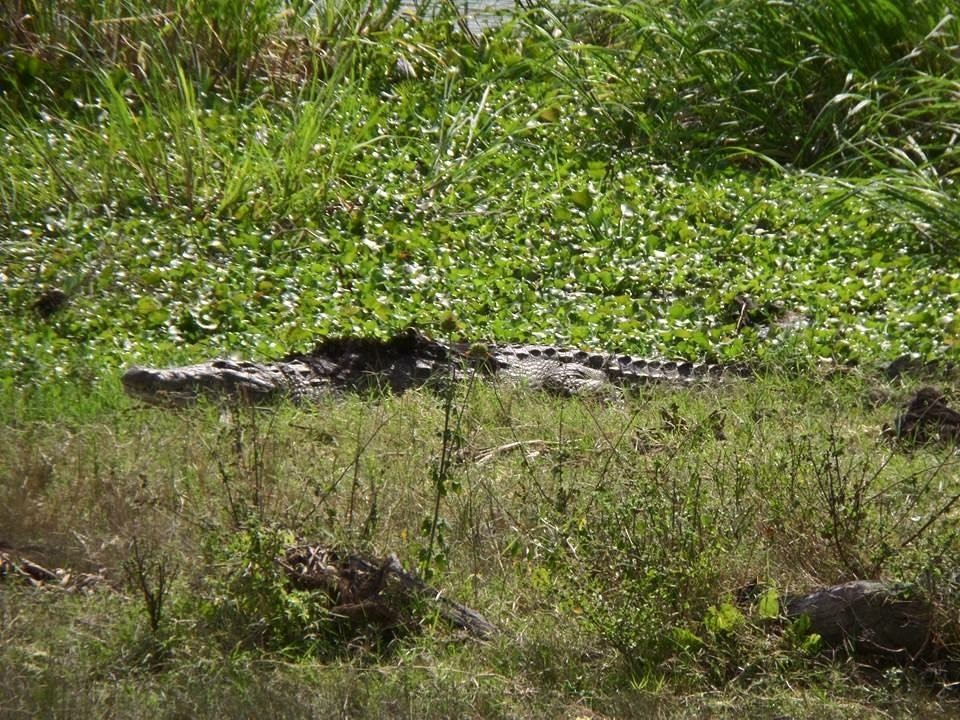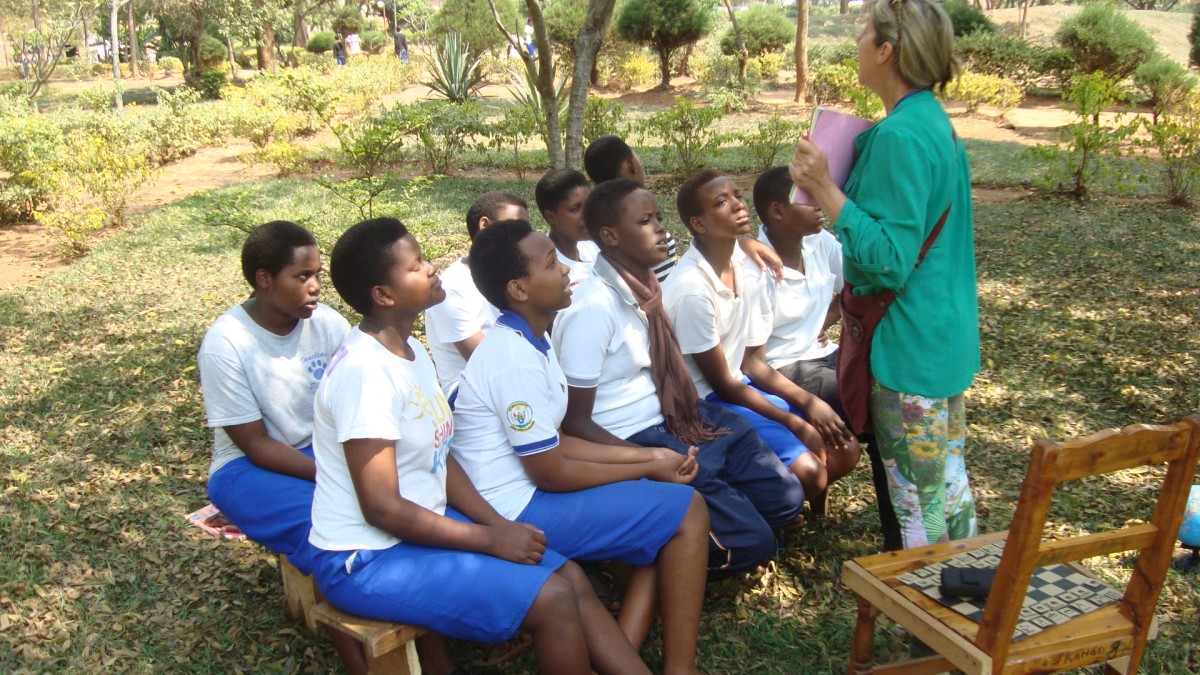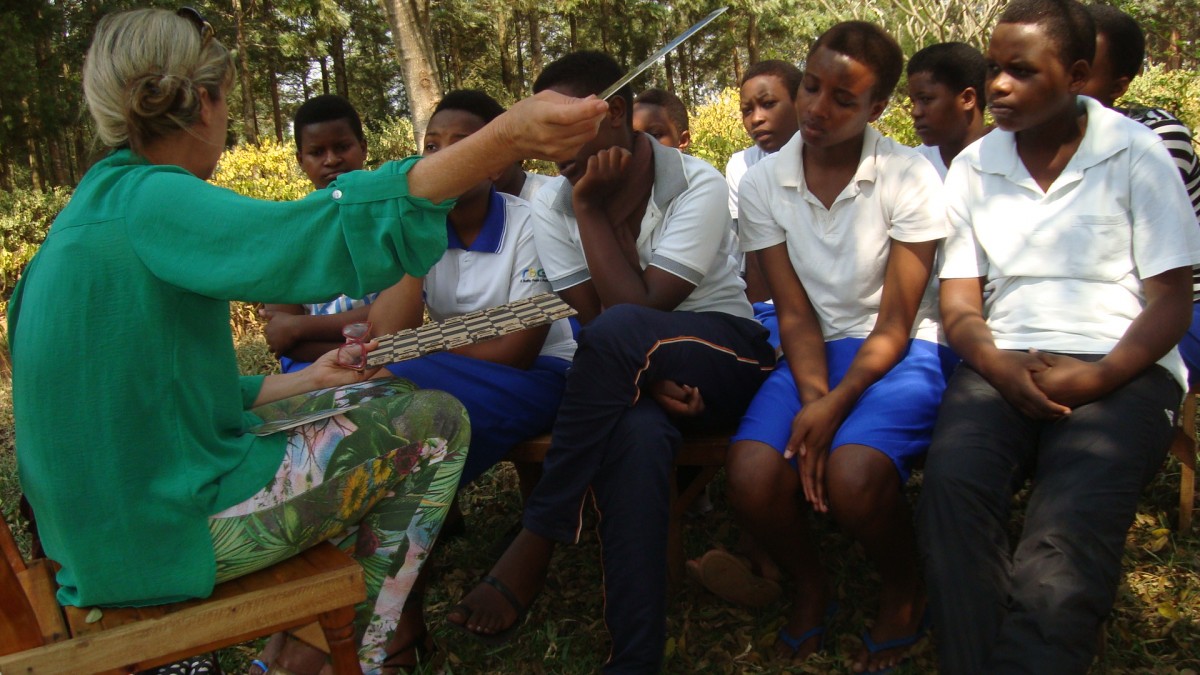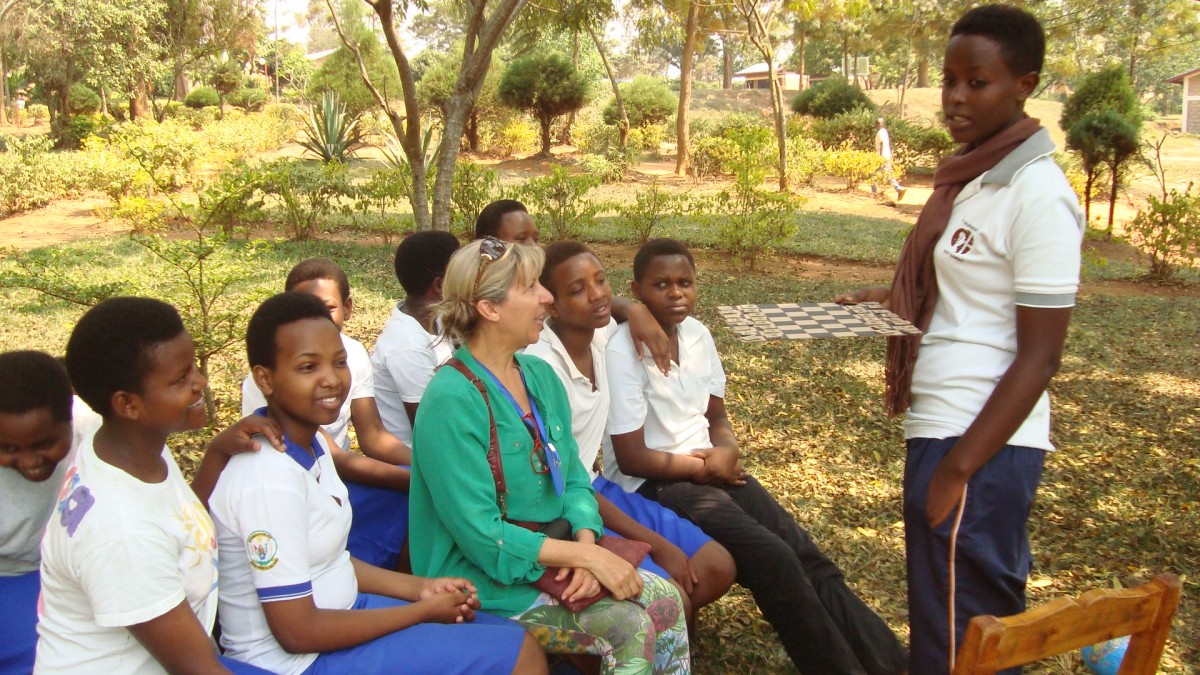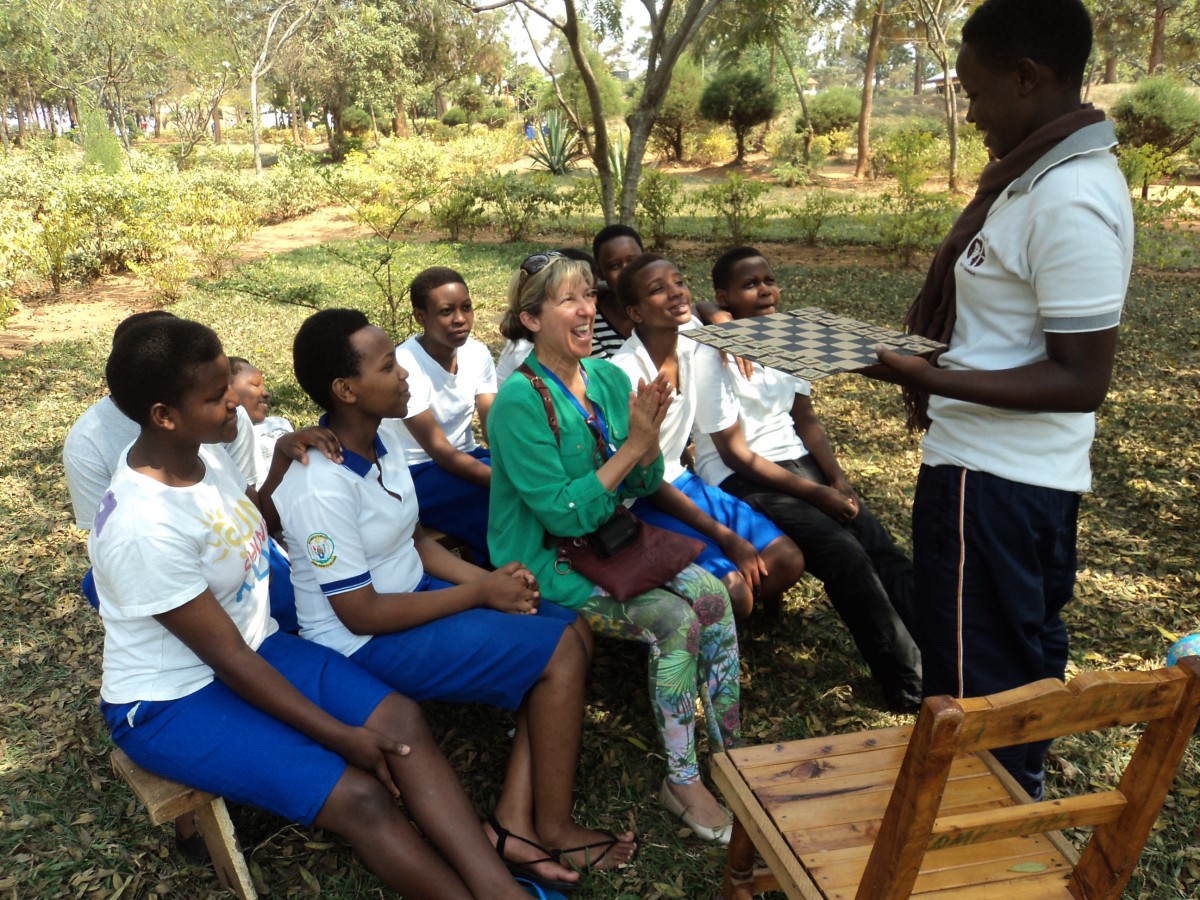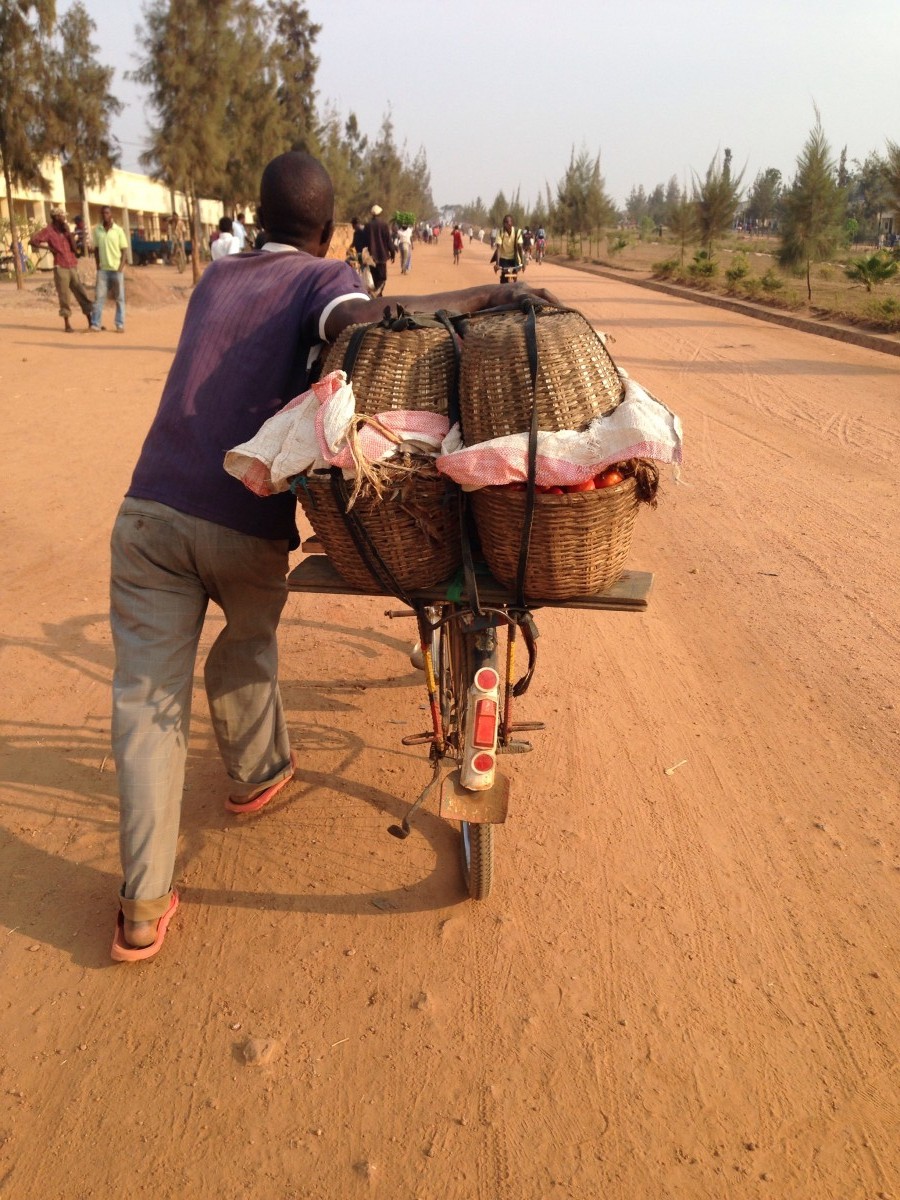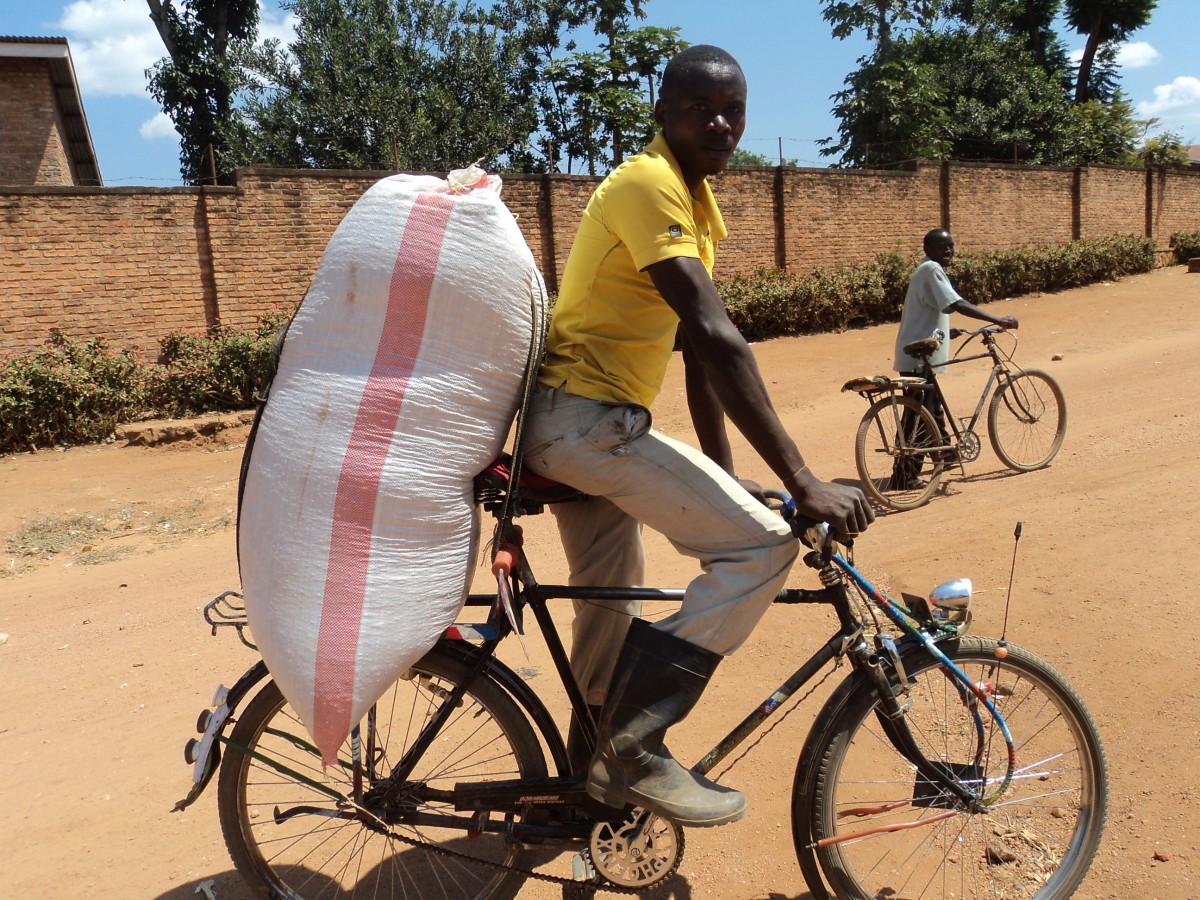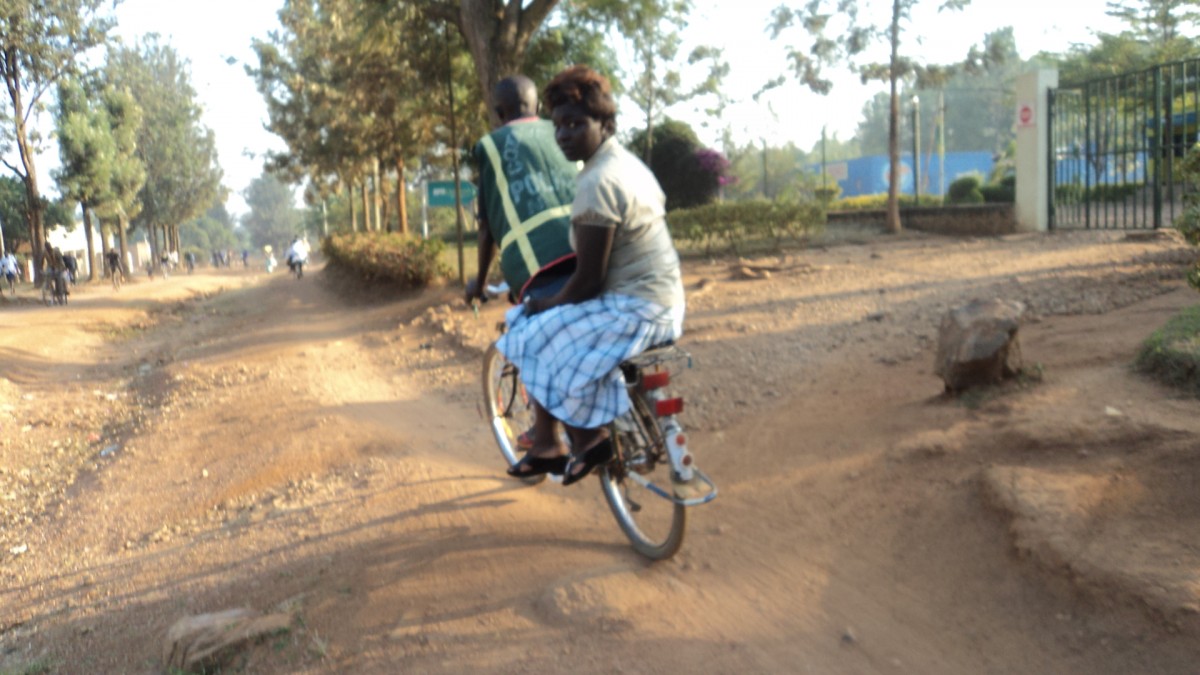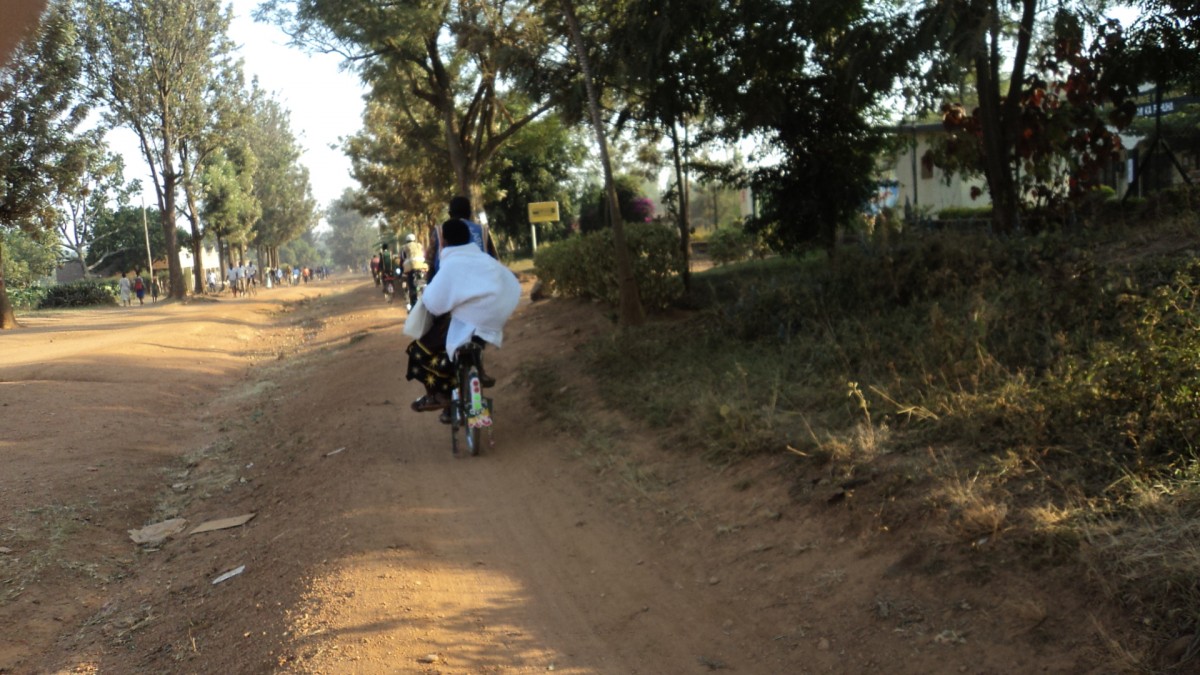10/07/2015
Friday – I went to school in the morning and in the afternoon I left Ruhuha to Kigali. The journey took me about 2 hours and at the bus station I met my colleagues to go to Rwamagana. We were all very excited to be together, to share our experiences and difficulties faced in our placements. We talked about our accommodation , water, food, health, schools, teachers, students and life in Rwanda. The house in Rwamagana was lovely, with big rooms, bathroom, kitchen and a backyard. In fact, a luxury!
It was not very late when 2 big safari Jeeps drove us to a ‘pousada’ nearby Akagera. How excited it was to have my own room with a hot shower. My own bathroom was translated to ‘happiness.’ I got emotional!
It was 5:30am when we got up for breakfast. As usual, it took ages to be prepared. We were supposed to leave at 6am, but that never happened. Anyway, we had a very strong African tea which they mix with milk and ginger. I little spicy for me! We also had ham, cheese, boiled eggs, bread and butter.
Then, an early morning of our so expected weekend. When we left the hotel the road was quiet and the air fresh. The bicycle riders were on their way to work.



I was extremely thankful for that moment. I was feeling the peace and looking forward to seeing the animals in their wild habitat. Akagera National Park presents the most scenic African’s Savannah reserve.
 Here my adventure starts at ‘Akagera National Park’ in Rwanda and Anaclet is our oficial safari guide. (9am -11/07/2015).
Here my adventure starts at ‘Akagera National Park’ in Rwanda and Anaclet is our oficial safari guide. (9am -11/07/2015).

Look at the size of that elephant head! It’s amazing! Well, you never know what wildlife encounter might present next minute! Giraffes, elephants, zebras, baboos, antelopes, buffalos, crocodiles, hippos, thousands of hippos…



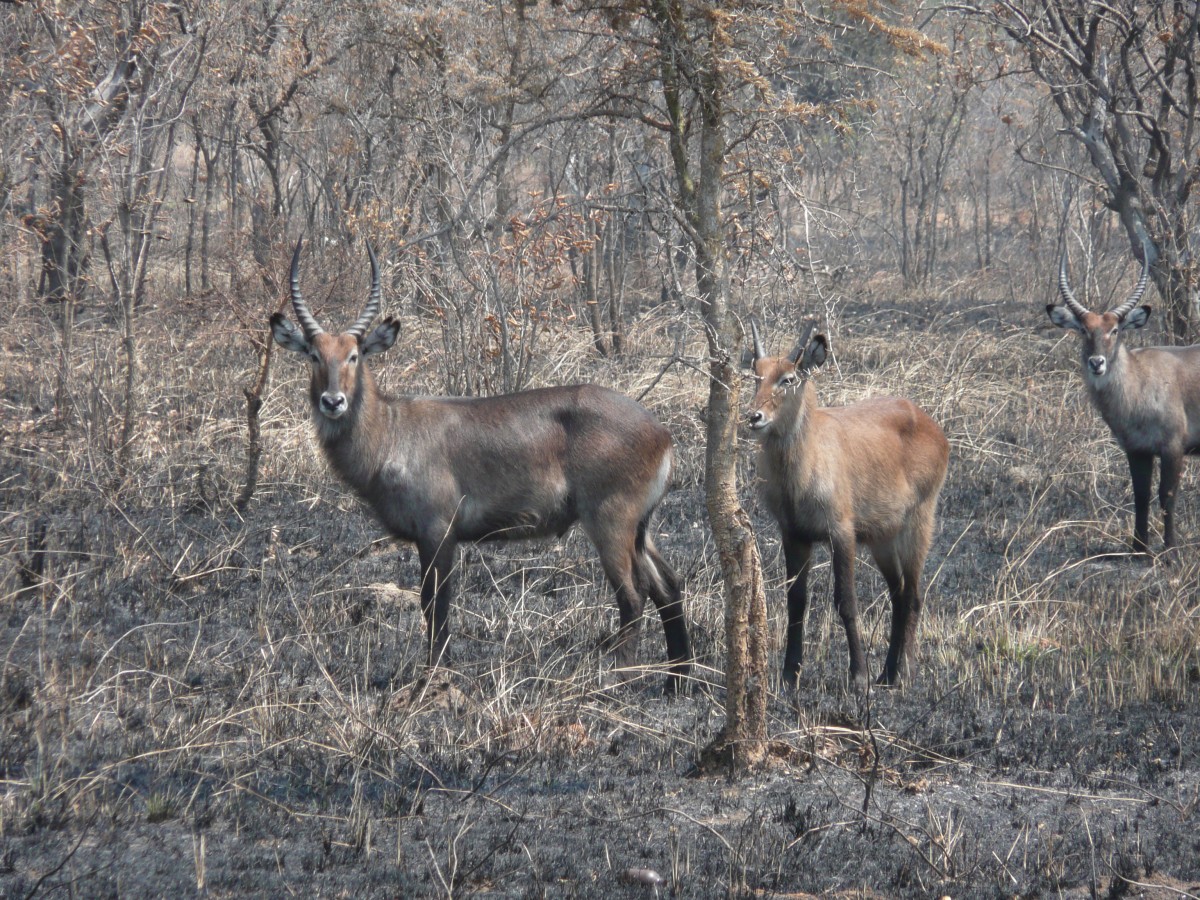



The first animals I saw: a family of baboons, 4 giraffes in a distance, which made them look so small and something that looked like zebras. It took hours to see the animals closer. The giraffes were so magnificent! So elegant! So magestic! But the time I heard the elephants I got so so excited. And I loved all the stories about the animals.
